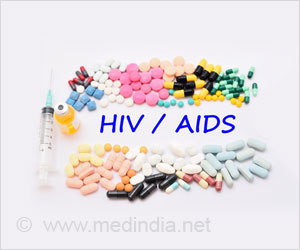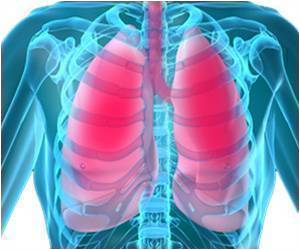A senior opposition politician withdrew his statement that people with HIV should be banned from marriage, after he was criticised by AIDS activists, a report said Sunday.
A senior opposition politician withdrew his statement that people with HIV should be banned from marriage, after he was criticised by AIDS activists, a report said Sunday.
Mohammad Nizar Jamaluddin, of the conservative Pan-Malaysian Islamic Party (PAS) and chief minister of the northern state of Perak, said people with HIV should be allowed to marry and have children."No one is out to sideline HIV carriers," he was quoted as saying by the New Sunday Times newspaper.
However he also said that people with HIV should be housed in special isolated wards when in hospital and when marrying should be required to prove to their future spouse that they are receiving medical treatment.
Nizar appeared to chance his stance after last week when he was quoted as saying by the New Straits Times newspaper: "I think it is a gross error to allow somebody very sick like that, an HIV carrier, to marry."
"If there's any breeding - sorry for having to use that word - the embryo will also carry the same virus. It's very unjust to the child," he was quoted as saying.
Deputy premier Najib Razak had earlier said that all Muslim couples would have to undergo mandatory HIV screening before they wed - a test so far only applied in certain states.
Advertisement
"It is a screwed-up perspective. After so many years of HIV/AIDS education they (the government) come up with such views. This is very worrying," she said last week.
Advertisement
Precise data are hard to obtain but according to United Nations figures, more than 82,500 Malaysians have been infected with the virus since records began in 1986 and around 80,000 are currently living with HIV/AIDS.
The number of new HIV infections appears to be falling, however.
Last year 5,400 new cases were reported compared to 6,900 the year before, the health ministry says, a figure expected to have dropped further in 2008 to nearly 3,500.
At the same time, infections among married women through sex increased from five percent of total cases in 1997 to 16 percent last year.
Source-AFP
SRM















